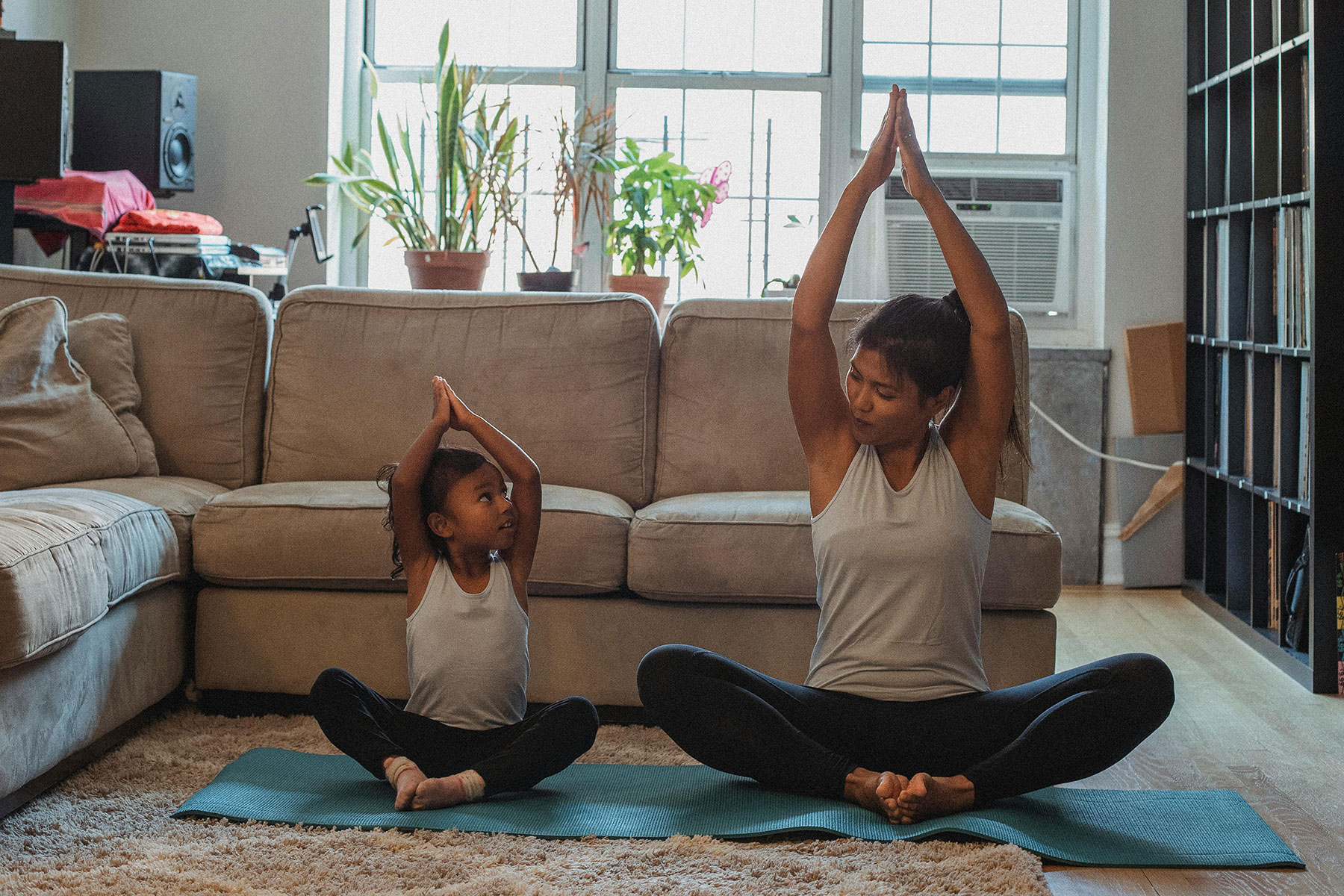
By the Concepción de León
I hear some people have trouble with therapy, that it can take years for them to open up to their doctors, let alone cry or break down. Not me. Day one, I told my therapist, Amy Bernstein, “I’ll just tell you everything, and we’ll go from there.”
I was assigned to her after revealing, during an initial interview to determine the appropriate therapist for my needs, that I’d been touched as a child. I hadn’t planned to bring it up at all, but I was asked directly, so I said, yes, you could say that. (At the time, I avoided the word “molested.”) And yes, it still crossed my mind.
To be honest, what happened had always felt like such a small thing. Many others have had it much worse; I counted myself lucky for only having been touched in subtle ways — a male relative digging his hands in my tiny skirt pockets to “feel around for change”; another bringing his hand to my crotch when he thought I was asleep. These were two of a handful of men who violated me.
Share This Post!
Early childhood trauma and its long-term impact on cognitive and emotional development
Source: National Library of Medicine Childhood trauma has profound, long-term effects on cognitive and emotional development. This systematic review and meta-analysis sought to synthesis the evidence around the long-term impact of [...]
Helping children who have or are experiencing trauma this holiday season
For many, the holiday season is a joyful one – the popular song “Have a Holly, Jolly Christmas” comes to mind – but for children who have or are experiencing trauma, Christmas, [...]
Healing Frameworks: Understanding ACEs in Indigenous Communities
The National Indian Health Board (NIHB) is committed to advocating for the health and well-being of Indigenous communities. One of our key initiatives focuses on addressing adverse childhood experiences (ACEs), which are traumatic [...]
Gratitude Not Required: A Trauma-Informed Thanksgiving for Children in Care
By Beth Tyson Children impacted by any kind of family separation, whether it be foster care, adoption, or divorce, don’t have to feel thankful during Thanksgiving or any other holiday. There, I [...]
Emotional and Psychological Trauma
By Lawrence Robinson, Melinda Smith, M.A. and Jeanne Segal, Ph.D. What is emotional and psychological trauma? Emotional and psychological trauma occurs when extraordinarily stressful events shatter your sense of security. Psychological trauma can leave you [...]
Understanding Childhood Trauma: Ways to Support Young People
By Boys & Girls Clubs of America For generations, tough childhood experiences have been swept under the rug by phrases like these. Oftentimes, the reason why is simple: many families simply did [...]







